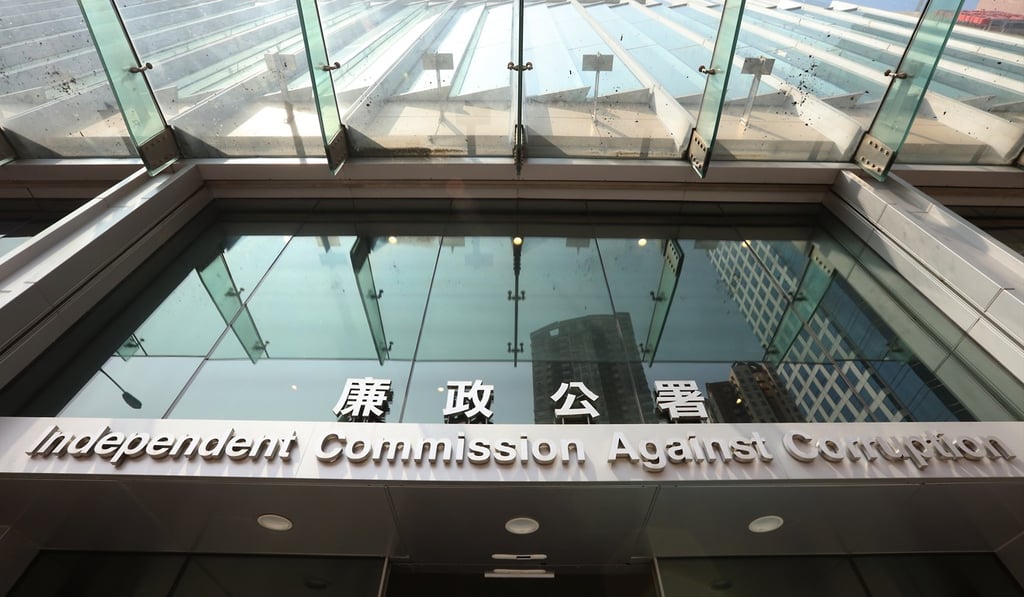White-collar crimes spiked amid slowing economic growth globally, cost companies US$1.45 trillion last year, Refinitiv says
- 75 per cent of companies polled in Asia-Pacific reported financial crimes, up from 49 per cent a year earlier
- But companies are stepping up investment in technology to strengthen internal controls

Slow economic growth globally has led to a spike in white-collar crimes such as fraud and money laundering, according to a survey by data company Refinitiv.
In Asia-Pacific, 75 per cent of the companies polled reported that they had been victims of such crimes over the 12 months to the end of March 2019, up from 49 per cent a year earlier, Refinitiv said on Wednesday. Globally, 72 per cent of the companies polled reported white-collar crimes in the same period, up from 47 per cent over the previous 12 months.
In its second year, the poll was conducted in March and covered 3,138 large companies with an average annual turnover of US$33 billion in 24 markets worldwide, including Hong Kong, China, the United States and the United Kingdom.
The cost of these white-collar crimes, as well as measures taken to avoid it, such as not doing business with certain companies and customers because of suspicious deals, amounted to a combined US$1.45 trillion in lost aggregate turnover.
Neil Pabari, head of North Asia at Refinitiv, said that while many companies were aware of the risks they faced, they had not yet done enough to protect themselves.
